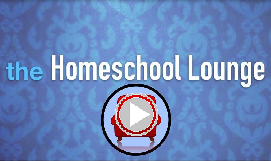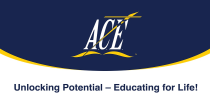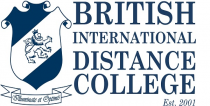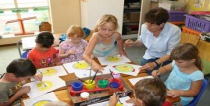BELA will create chaos in education
Laws are made to create order in society. Its purpose is to make life more predictable, safe and fair. Citizens have peace of mind because they know that if they comply with the law, they will not get into conflict with the authorities.
Laws make use of definitions, rules, and penalties to achieve their objective. The education landscape is regulated by the SA Schools Act (SASA) of 1996. This act contains definitions for schools, grades, provinces, officers, etc. These definitions accurately described the education landscape as it was in 1996. With these definitions, SASA could create order in the education sector.
However, the year 1996 already contained the seeds for a new education landscape. The internet became natively part of Windows 95. From a handful of families, home education started growing. New education modalities such as collaborative home education, cottage schools, online schools, co-work spaces, tutor centres, etc. emerged from the seeds sown. These modalities have grown and are now too big to ignore.
SASA does not contain definitions for these new modalities and does address alternative forms of education. As an example, when a child stays at home and makes use of the services of an online school, is that child receiving home education, or is the child attending a school? The SASA cannot answer the question. This uncertainty creates panic. Nobody knows for sure what to do in order to comply with the law.
A law that is not clear, causes officials to act arbitrarily. When education officials in KZN decided that home learners using online platforms are deemed to attend school, they declined applications for home education. The parents appealed against this and the matter ended up in court. This illustrates that the current SASA increasingly creates chaos instead of order.
It was hoped that the Basic Education Laws Amendment (BELA) Bill will transform SASA to be in line with the new education landscape. However, during the oral submissions on the bill in November, it became clear that the opposite is closer to the truth. Evidence submitted during the hearings proved that the objective of the BELA Bill is to make home education an impossible option. It seems that BELA Bill attempts to entrench the education landscape of 1996, rather than adapting to the new landscape.
Because of the failures of the school system, many parents seek education beyond the confines of the law. They do not register for home education. They send their children to unregistered cottage schools. They do what they must to act in the best interest of their children. Government does not have sufficient political will or coercive power to force parents to comply with the law. BELA Bill will spectacularly fail to preserve the education landscape of a bygone era. The only thing that the BELA Bill will achieve is to create chaos and conflict, which will deter investment into new innovative forms of education.
For these reasons, many oral submissions on BELA Bill asked parliament to go back to the drawing board and design a new education dispensation. A new dispensation that is not only appropriate for schools, but also for a diversity of education modalities that are radically different from schools. If parliament adopts the BELA Bill in its current form, our education system will become as chaotic as our electricity system.
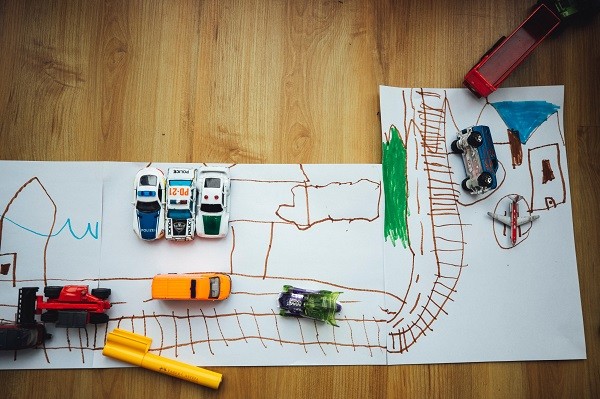
Comments
Events
Legal & Research
Centres
Homeschool ABC
Support
Curriculums
Has no content to show!



